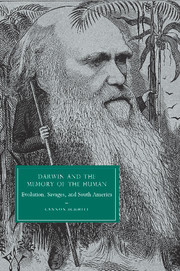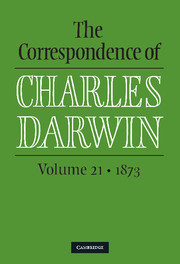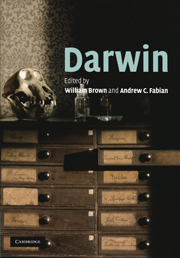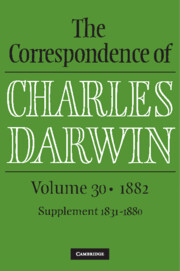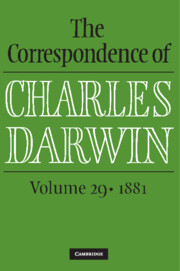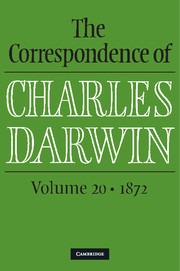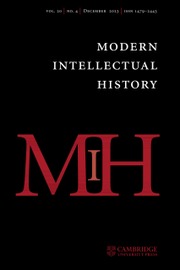Darwin and the Memory of the Human
Evolution, Savages, and South America
$32.99 (C)
Part of Cambridge Studies in Nineteenth-Century Literature and Culture
- Author: Cannon Schmitt, University of Toronto
- Date Published: January 2013
- availability: Available
- format: Paperback
- isbn: 9781107412583
$
32.99
(C)
Paperback
Other available formats:
Hardback
Looking for an examination copy?
If you are interested in the title for your course we can consider offering an examination copy. To register your interest please contact [email protected] providing details of the course you are teaching.
-
When the young Charles Darwin landed on the shores of Tierra del Fuego in 1832, he was overwhelmed: nothing had prepared him for the sight of what he called 'an untamed savage'. The shock he felt, repeatedly recalled in later years, definitively shaped his theory of evolution. In this original and wide-ranging study, In this book Cannon Schmitt shows how Darwin and other Victorian naturalists transformed such encounters with South America and its indigenous peoples into influential accounts of biological and historical change. Redefining what it means to be human, they argue that the modern self must be understood in relation to a variety of pasts - personal, historical, and ancestral - conceived of as savage. Schmitt reshapes our understanding of Victorian imperialism, revisits the implications of Darwinian theory, and demonstrates the pertinence of nineteenth-century biological thought to current theorizations of memory.
Read more- The first and only full-scale treatment of memory in the context of Victorian evolutionary theory
- Provides a new reading of the impact of evolutionary theory that includes the work not only of Charles Darwin and Alfred Russel Wallace but also of lesser-known evolutionists
- Revises the current consensus about Victorian imperialism by showing the importance of South America to the Victorians despite it being outside the empire
Reviews & endorsements
"The book is impressive in many ways - in particular, in its formal coherence and its brilliant attention to language. Schmitt is a remarkable reader, capable not only of making connections (which is what gives the book some of its formal power) but of making the language he stops to read for us alive with possibilities that casual reading would certainly miss. He never lets any passage lie still, and frequently he will offer a careful reading and then return again to plumb newer depths...[a] wonderful book."
-George Levine, nbol-19.orgSee more reviews"...a beautifully written, elegantly conceived contribution to the study of nineteenth-century evolutionary theory’s cultural implications."
-Kathy Alexis Psomiades, Criticism, Winter 2010, Vol. 52, No. 1, pp. 135–144.Customer reviews
Not yet reviewed
Be the first to review
Review was not posted due to profanity
×Product details
- Date Published: January 2013
- format: Paperback
- isbn: 9781107412583
- length: 262 pages
- dimensions: 229 x 152 x 14 mm
- weight: 0.36kg
- availability: Available
Table of Contents
Introduction
1. Charles Darwin's savage mnemonics
2. Alfred Russel Wallace's tropical memorabilia
3. Charles Kingsley's recollected empire
4. W. H. Hudson's memory of loss
Coda: some reflections.
Sorry, this resource is locked
Please register or sign in to request access. If you are having problems accessing these resources please email [email protected]
Register Sign in» Proceed
You are now leaving the Cambridge University Press website. Your eBook purchase and download will be completed by our partner www.ebooks.com. Please see the permission section of the www.ebooks.com catalogue page for details of the print & copy limits on our eBooks.
Continue ×Are you sure you want to delete your account?
This cannot be undone.
Thank you for your feedback which will help us improve our service.
If you requested a response, we will make sure to get back to you shortly.
×
